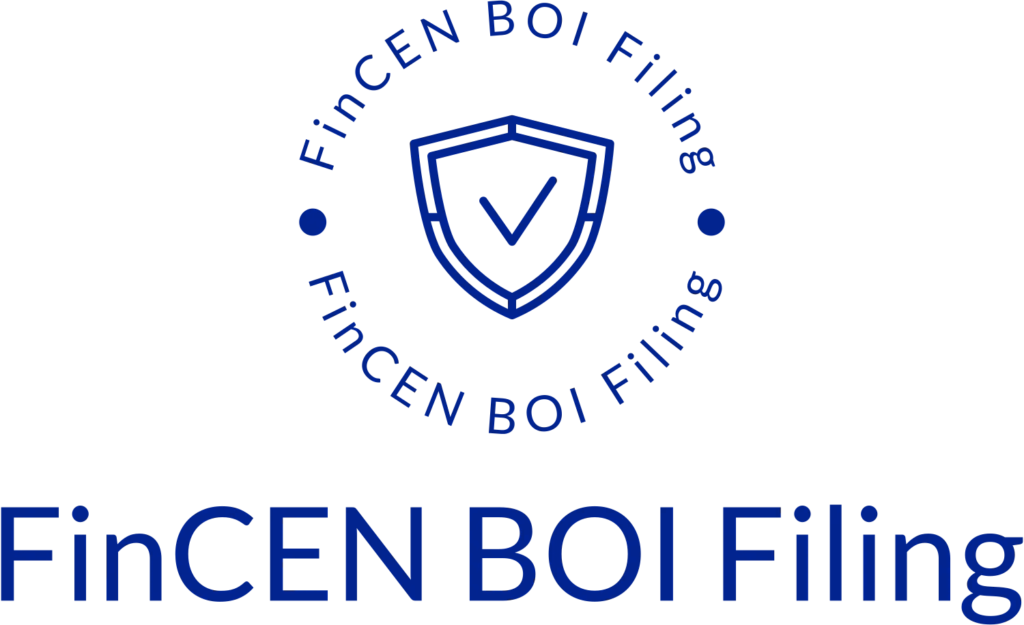Key Takeaways:
- Compliance is crucial for regulatory adherence and combating financial crimes.
- Streamlined filing with FinCEN BOI Filing ensures accuracy and confidentiality.
- Accurate reporting enhances transparency and mitigates risks associated with financial crime.
What is Beneficial Ownership and Why is Filing Necessary?
Beneficial ownership entails identifying individuals who ultimately own or exert significant control over a company, playing a crucial role in ensuring transparency and regulatory adherence. A beneficial owner is someone who enjoys the benefits of ownership, such as receiving profits or exercising control, even if their name is not formally listed on legal documents. On the other hand, a control person is an individual with significant influence over a company’s operations, decisions, or policies.
Filing requirements for beneficial ownership demand the disclosure of comprehensive information about these individuals, including their full names, addresses, dates of birth, and nationalities. Additionally, details regarding the nature and extent of their ownership or control must be provided, such as the percentage of shares owned, voting rights exercised, or the ability to appoint board members.
Legal Frameworks and Compliance Standards
Legal frameworks and compliance standards mandate beneficial ownership reporting to combat financial crimes like money laundering and tax evasion. International bodies like the Financial Action Task Force (FATF) provide standards adopted by countries globally. National laws implement measures requiring companies to disclose beneficial ownership information, enhancing transparency and regulatory oversight.
Challenges in Meeting Filing Requirements
Navigating beneficial ownership reporting can be complex, with varying regulations across jurisdictions and the difficulty of identifying and reporting beneficial owners. However, solutions like FinCEN BOI Filing streamline the process, providing guidance and support to ensure accuracy and compliance. Our direct API connection with FinCEN ensures confidentiality and immediate transmission of your information, simplifying the filing process further.
Benefits of Accurate Reporting
Accurate reporting of beneficial ownership offers numerous benefits, including enhanced transparency, strengthened due diligence processes, and mitigation of financial crime risks. By providing authorities with up-to-date information, businesses contribute to a more secure financial system and demonstrate commitment to regulatory compliance.
Importance of Timely Updates and Confidentiality
Ensuring the accuracy and timeliness of beneficial ownership information is crucial. Regular reviews and updates of records are necessary to reflect changes in ownership or control. With FinCEN BOI Filing’s secure API connection, your information remains confidential and is transmitted immediately to FinCEN, guaranteeing compliance and peace of mind.
Conclusion
Navigating beneficial ownership reporting is made simple and efficient with FinCEN BOI Filing. Our streamlined process ensures accuracy and compliance, allowing you to focus on your business. Take our BOI eligibility quiz and file confidently with our assistance. Visit our homepage for more information and resources. Don’t hesitate to file your BOI report now with our help.
By understanding and meeting the filing requirements for beneficial ownership reporting, businesses demonstrate their commitment to transparency and regulatory compliance. With FinCEN BOI Filing, compliance becomes seamless and hassle-free, ensuring your business remains in good standing.





